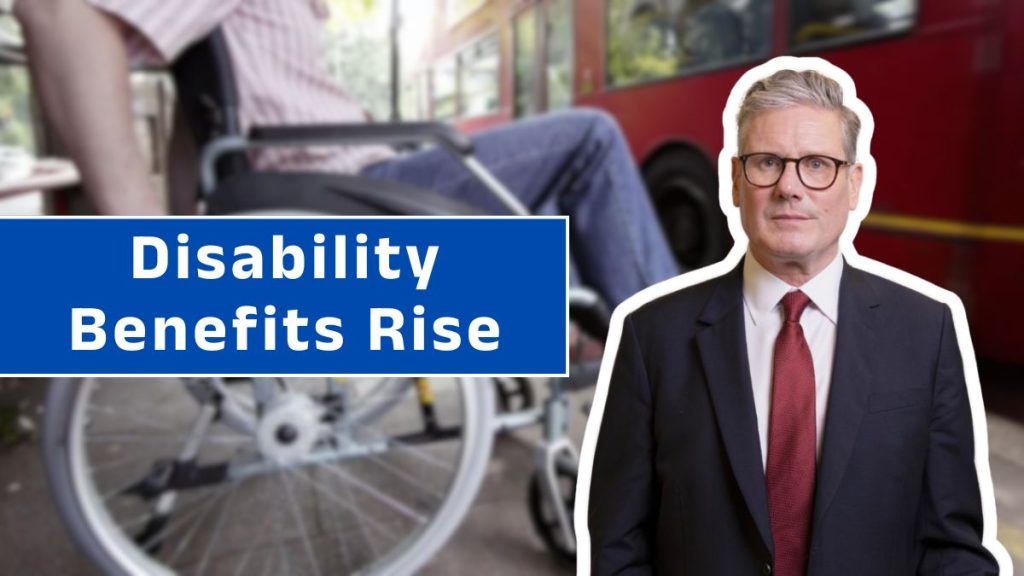Staying on the road is a vital part of independence for many older people in the UK. Driving allows pensioners to visit family, attend medical appointments, go shopping, and take part in social activities without relying on others. But from 1 October 2025, new rules will come into force for drivers aged 70 and above.
The changes, confirmed by the UK Government and DVLA, are designed to improve safety while ensuring older motorists can continue driving legally and confidently. Here’s a complete breakdown of what’s changing, why the rules matter, and how pensioners can prepare.
Why Are the Rules Changing?

The government regularly reviews road safety laws, and the sharp increase in older drivers has triggered fresh scrutiny. Today, more than 5 million drivers aged 70+ are active on UK roads.
While many remain safe drivers, age-related conditions like slower reaction times, reduced vision, memory lapses, and illnesses such as diabetes or heart disease can affect driving performance.
The new rules aim to balance freedom with responsibility, focusing on regular health checks and stricter licence renewals to reduce risks.
The Current Rules for Drivers Over 70
At present, the rules are fairly simple:
- Drivers must renew their licence at 70 years old and then every three years thereafter.
- Renewal is free of charge.
- Applicants self-declare that they are medically fit to drive.
- No compulsory eyesight or medical checks are required unless a condition is declared.
Many campaigners have criticised this system as too relaxed and outdated, arguing that it doesn’t reflect modern health and safety concerns.
What’s New from 1 October 2025?
The government has confirmed five major reforms for older drivers:
- Compulsory Vision Tests – Over-70s must provide proof of a recent eye test (within the last two years) when renewing their licence.
- GP-Confirmed Medical Checks – Drivers will no longer self-certify. Instead, a GP or healthcare professional must confirm they are fit to drive, especially for conditions like diabetes, dementia, epilepsy, or heart disease.
- Shorter Renewals for High-Risk Drivers – While most will renew every three years, those with certain medical conditions may be required to renew annually.
- New Digital Renewal Portal – An online system will launch to allow drivers to upload vision certificates and GP notes. Paper applications will remain available.
- Tougher Penalties for Non-Compliance – Failure to renew properly or provide accurate information could lead to fines up to £1,000 and possible disqualification.
How to Renew a Licence After 70
From October 2025, the renewal process will include:
- Eye Test – Book an optician’s appointment to confirm your eyesight meets legal driving standards.
- GP Appointment – Discuss health conditions. A signed note will be required to confirm fitness.
- Apply via DVLA – Either through the digital portal or by requesting a paper form.
- Await Approval – Most renewals should take under two weeks, though applications needing checks may take longer.
Will Renewal Cost More?
The licence renewal itself remains free of charge.
However, drivers may face extra costs such as:
- Eye test fees – typically £20–£30.
- GP letters – which may be free on the NHS or charged privately, depending on practice policy.
Who Will Be Most Affected by the New Rules?
The updated rules will impact several groups:
- Drivers with medical conditions – People with diabetes, heart disease, epilepsy, or Parkinson’s may face annual renewals.
- Rural residents – Pensioners in villages with poor public transport may feel the biggest impact if they struggle to renew.
- Families of elderly drivers – Relatives may need to help arrange eye tests, GP visits, and renewal paperwork.
Benefits of the New Driving Rules
Despite concerns, the government stresses the changes are about safety, not restriction. Benefits include:
- Safer roads by reducing accidents linked to poor vision or untreated conditions.
- Reassurance for families that older loved ones are fit to drive.
- Modernised system with faster digital processing.
- Encouragement of regular health checks for elderly drivers.
Concerns and Criticism
Some critics have warned of challenges:
- Financial burden – Pensioners on low incomes may struggle with extra costs for medical tests.
- Pressure on NHS – GP surgeries could face higher workloads.
- Risk of isolation – Drivers losing licences in areas with poor transport may face loneliness and reduced independence.
The government has promised to review the policy after the first year and explore ways to support vulnerable groups.
Tips for Over-70 Drivers Preparing for Renewal
- Book annual eye tests, even outside of renewal periods.
- Be honest about your medical conditions when applying.
- Stay active to support good reaction times and health.
- Plan renewals early – don’t leave it until your licence expires.
- Consider alternative transport options such as community transport or bus passes.
The Role of Families
Families can play a crucial role in supporting older drivers. Helping book tests, reminding about deadlines, and discussing safe driving practices can ensure older relatives remain safe and legal on the road.
Looking Ahead: A Wider Global Trend
The UK is not alone. Other countries including Australia, Canada, and several EU nations already require regular vision or health checks for older drivers.
The UK’s October 2025 reforms are seen as a balanced compromise, keeping older drivers on the road while strengthening safety checks.
Frequently Asked Questions (FAQs)
1. Do drivers over 70 have to pay for licence renewal under the new rules?
No, renewal remains free, but drivers may pay for eye tests (£20–£30) and GP notes.
2. What happens if I fail the eyesight test?
You may need glasses or further treatment. If you don’t meet the legal standard, the DVLA could refuse renewal until your vision improves.
3. Can I still renew by paper instead of online?
Yes, while the new digital portal is the main method, paper forms will still be available.
4. Will all over-70s need annual renewals?
No, only drivers with certain medical conditions may face yearly checks. Others will continue with three-year renewals.
5. What penalties apply if I don’t renew correctly?
You could face fines up to £1,000 and risk disqualification if you fail to comply with renewal requirements.













